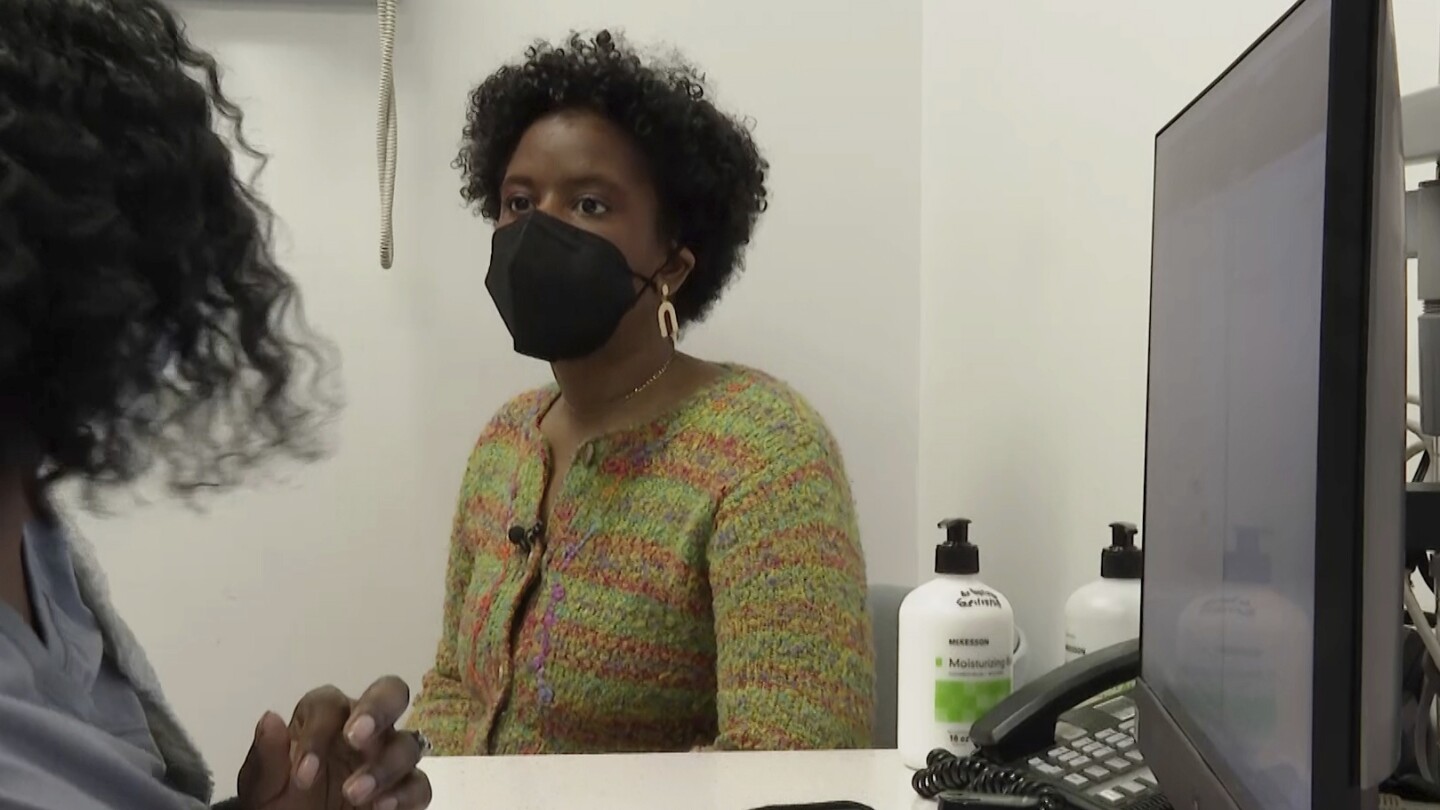At issue is a once widely used test that overestimated how well Black people’s kidneys were functioning, making them look healthier than they really were — all because of an automated formula that calculated results for Black and non-Black patients differently. That race-based equation could delay diagnosis of organ failure and evaluation for a transplant, exacerbating other disparities that already make Black patients more at risk of needing a new kidney but less likely to get one.
A few years ago, the National Kidney Foundation and American Society of Nephrology prodded laboratories to switch to race-free equations in calculating kidney function. Then the U.S. organ transplant network ordered hospitals to use only race-neutral test results in adding new patients to the kidney waiting list.
Dr. Martha Pavlakis (of Boston’s Beth Israel Deaconess Medical Center and former chair of the network’s kidney committee) calls what happened next an attempt at restorative justice: The transplant network gave hospitals a year to uncover which Black kidney candidates could have qualified for a new kidney sooner if not for the race-based test — and adjust their waiting time to make up for it. That lookback continues for each newly listed Black patient to see if they, too, should have been referred sooner.
There is so much racism in healthcare. Really, really awful shit like doctors and nurses actually believing that black people are less pain-sensitive or even literally have thicker skin than white people. People who went to fucking medical school believe this.
(I should preface this with the fact that I only really skimmed the aamc article you linked)
I think we have a serious bias problem in medicine. However, the right answer might be to fund studies that debunk the racist claims pervading the education system, rather than relying solely on stricter policies.
It seems to me that we want individualized medicine. Discounting race, different people may respond differently to various treatments; for example, I have really long tooth roots. Therefore, we should develop tests to identify these differences and tailor treatment accordingly. I understand the fear of research that could possibly establish differences in treatment across racial lines due to historical context. However, I would tentatively suggest that if one truly believes race is an ineffective descriptor for such distinctions, then one should expect that studies would more likely aid than hinder the effort to address racial disparities in medical treatment and outcomes.




